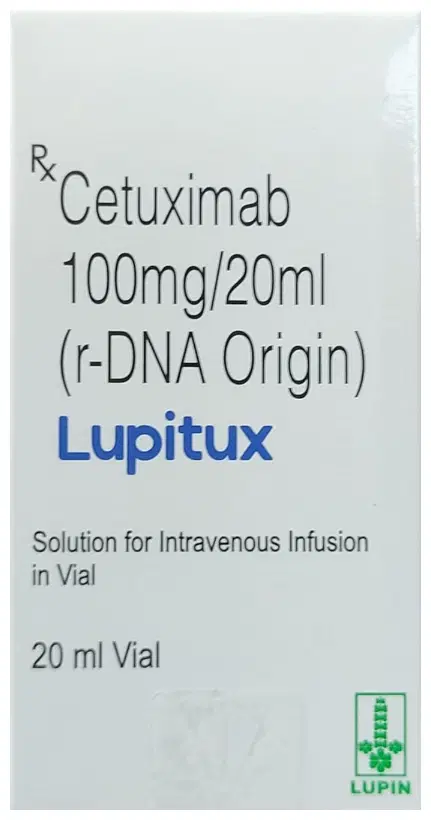Cancer of colon and rectum
Colon and rectum cancer refers to the abnormal growth of cells in the large intestine (colon) or the last part of the large intestine (rectum). This abnormal growth, known as a tumor, can lead to a variety of symptoms such as changes in bowel habits, rectal bleeding, and abdominal pain. Early detection and treatment are crucial for improving the prognosis of this disease.
Typical Medications:
Chemotherapy: These medications work by targeting rapidly dividing cancer cells, aiming to slow down or stop their growth. Examples include 5-fluorouracil, oxaliplatin, and irinotecan.
Targeted therapy: These medications specifically target the molecular changes within cancer cells, inhibiting their growth and spread. Examples include bevacizumab, cetuximab, and panitumumab.
Immunotherapy: These medications stimulate the body’s immune system to recognize and attack cancer cells. Examples include pembrolizumab and nivolumab.
Radiation therapy: This treatment uses high-energy rays to destroy cancer cells and shrink tumors. It is often used in combination with other treatments.
Surgery: Depending on the stage and location of the cancer, surgical removal of the tumor may be necessary. This can include procedures such as a colectomy (removal of part or all of the colon) or a proctectomy (removal of the rectum).
Please consult with a healthcare professional to determine the most appropriate treatment plan for your specific condition.

Showing 49–60 of 82 results
Showing 49–60 of 82 results






